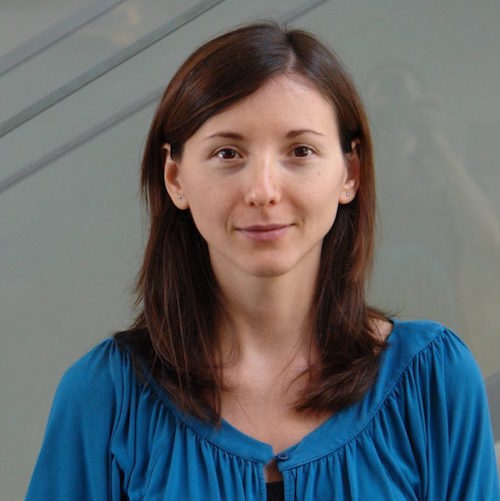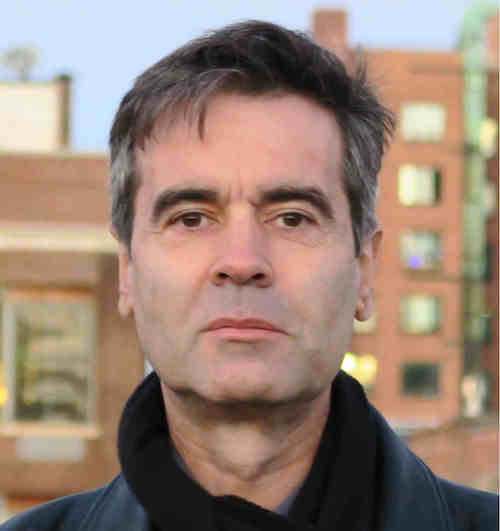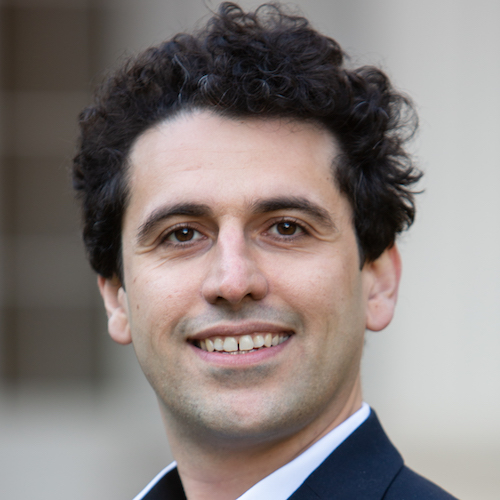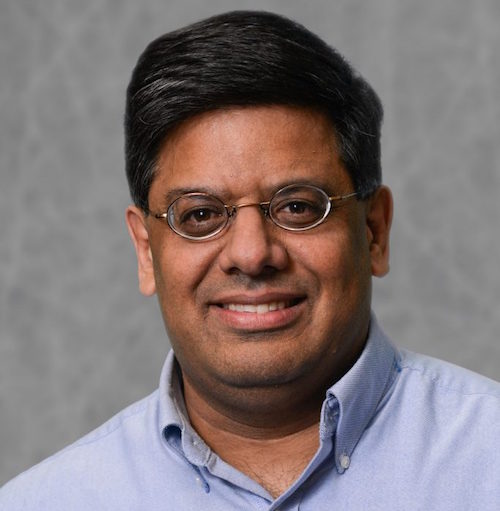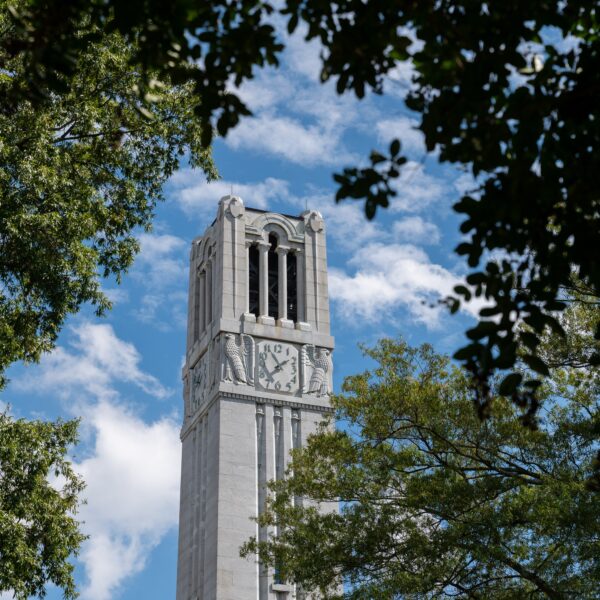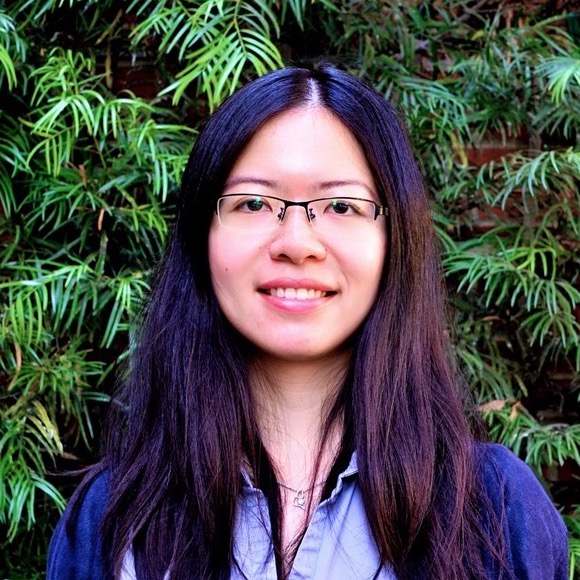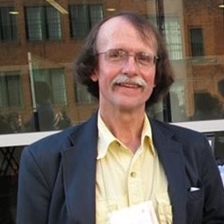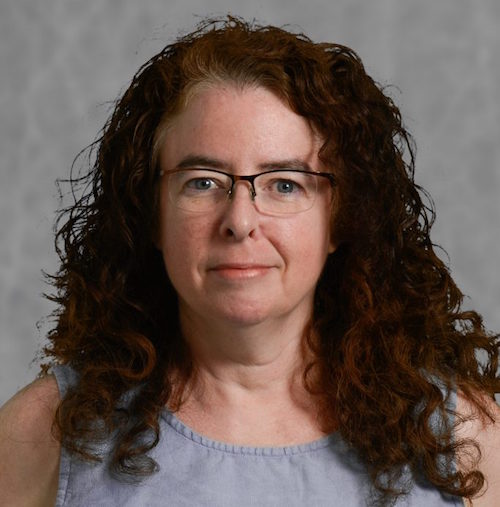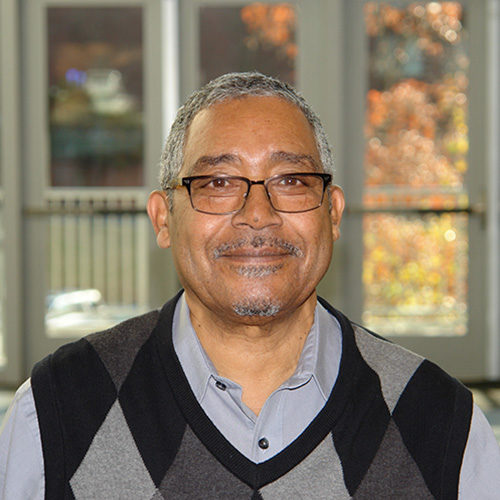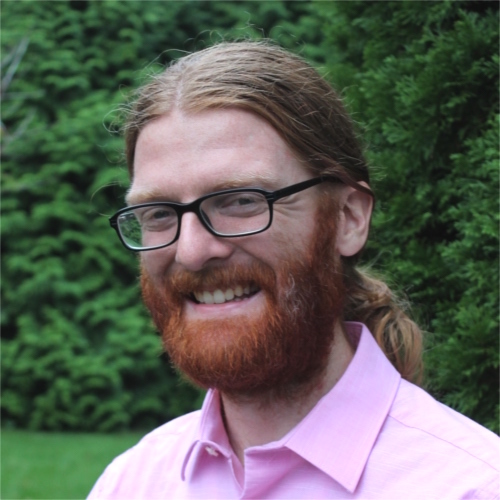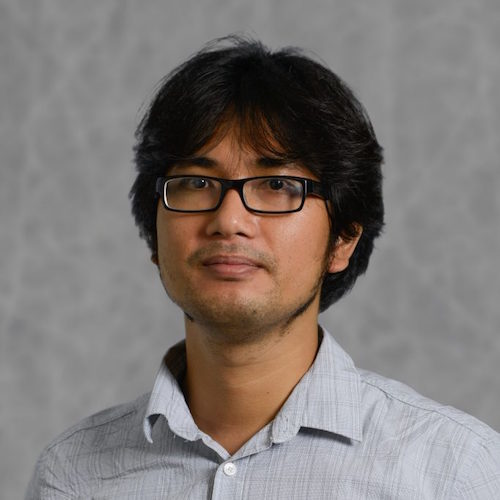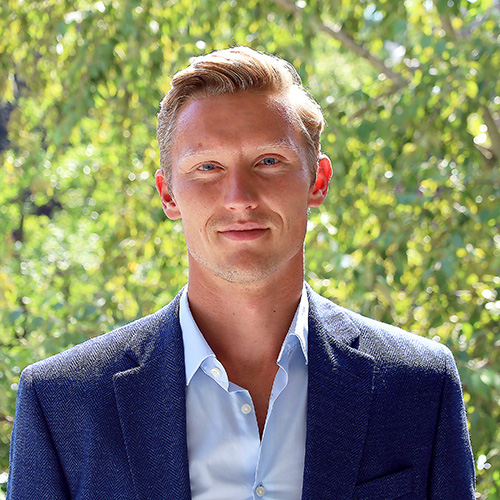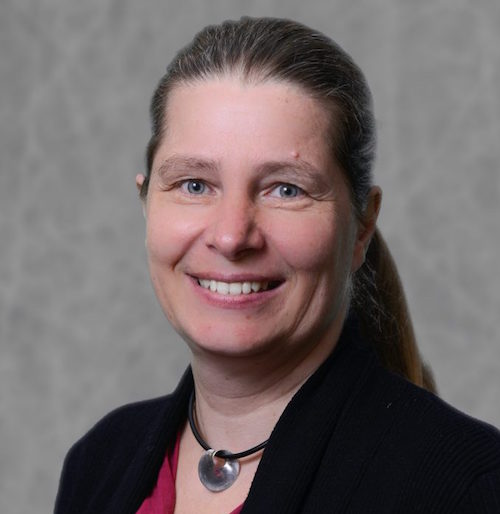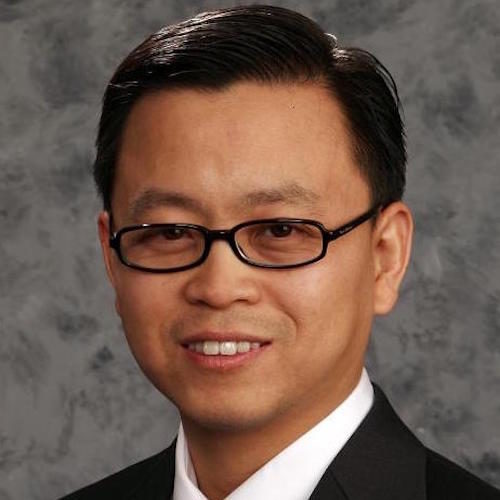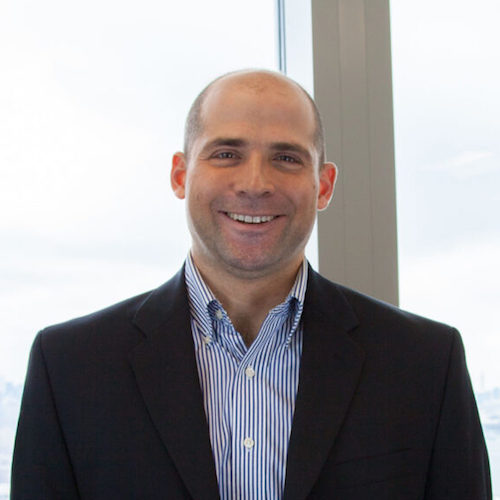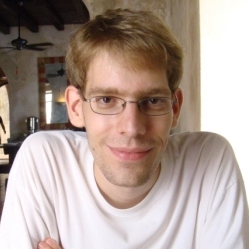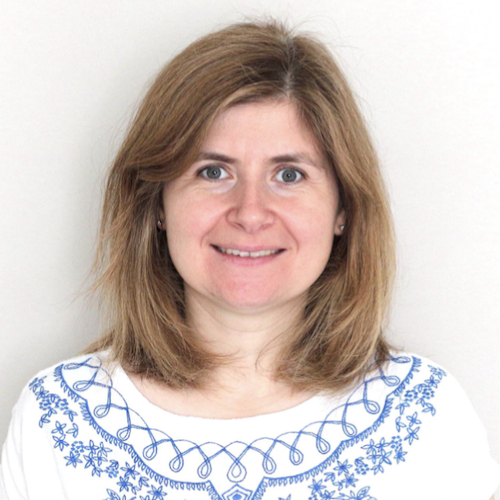People
Control, Optimization and Modeling
In many areas of human endeavor, including medicine, biology and engineering, as well as finance and the social sciences, mathematical models help us understand what is happening, predict what will happen and determine how to improve the outcome. The need for higher-quality models integrating more diverse phenomena leads to the consideration of ever more complex and challenging mathematical systems.
Faculty at NC State are looking at models for a wide range of phenomena, including mechanical systems, aerospace systems, medical diagnosis and equipment design, groundwater flow, biological systems, and spread of disease. They are working on this modeling together with scientists, engineers and practitioners from the different areas.
Given a model, one can ask, how do we fit the model to data (parameter estimation)? What does the model predict (simulation)? Often, there is an ongoing process of comparing model performance to data and experiment.
Once one has a good model, optimization questions arise. What is the best way to measure data? What is the best performance that the system is capable of? What is the worst that can happen? Can the system be redesigned to improve performance? How can the effect of disturbances be reduced (to improve robustness)? To get the system to perform the way we want, often we have to control it (optimal control). For example, how do we control a vehicle to get where it needs to go efficiently? How do we administer a drug to reduce cost and improve health?
The mathematical models can be deterministic or stochastic; involve discrete or continuous time; use ordinary, partial, integral or delay differential equations; or contain a combination of several types of systems. There may be constraints.
Faculty who work in the Control, Optimization and Modeling group also frequently have expertise in numerical analysis, analysis, scientific computing, probability and various applications.
Professor, Director of Foundations of Data Science MS Program
919-515-3100 mahaider@ncsu.edu